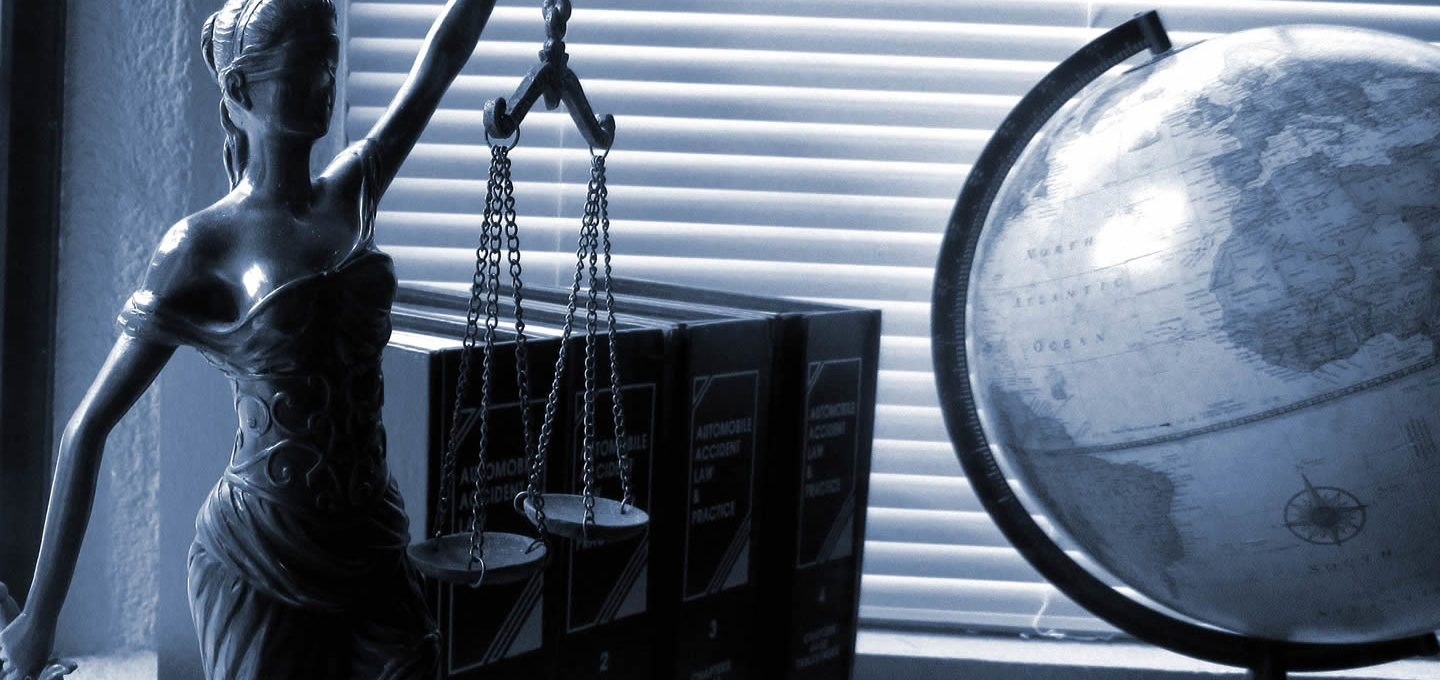Businesses are competitive by nature, but most countries around the globe understand the value of new enterprise and offer a number of legal protections to help companies make money from their inventions and protect their brands.
Patents
If you company has developed something new and novel, then the best way to stay ahead of the competition is to protect your invention by registering for a patent. Every country’s patent system works slightly differently, but recent years has seen harmonisation across various regions, most notably the European Union via the EPO.
A patent will give you exclusive rights to use and sell your invention for a specific period of time, 20 years for patents in the EU and US, with the idea being that this time will let you earn enough revenues from your invention to make a profit and want to invent new processes and products in the future. The state is essentially offering an agreement to stop others copying an invention for a limited number of years to help drive further innovation, but with the understanding that after this period the world will benefit from the invention without restriction.
Software remain a controversial issue, as patents generally protect a specific method and the same results can be made with software via a variety of different routes. As such, the US does offer patent protection for software, while EU states instead offer copyright protection for code, but no specific software patents.
Copyright
Most people come across the idea of copyright with regard to text, pictures, music, and video, and understand that it is against the law to copy someone else’s work. Similarly to patents, copyright is a bargain between the creators and the state that offers protections so that creators can exclusively profit from their output for a limited period of time so that they can make a profit and hopefully spend more time creating further works.
In contrast to patents, however, copyright protections are created automatically, so that as soon as you write an article, take a photo, or record some music, you immediately own the copyright to that work – there is no need to register to obtain the right. Moreover, as code is essentially text that is read by a computer, all computer code is automatically copyrighted as soon as it is written, offering software development firms a good deal of protection for their work without the need for patents.
The creative industries, such as music, film, and publishing, could not exist without some form of copyright protections, with the exploitation of copyright generating billions of dollars in revenues each year for companies and individuals around the world. However, many commentators argue that the 80+ year protections offered to creators are an unfair imposition on the public, as such long terms do not push creatives to create new works, and instead will often stifle such investment.
Trademarks
You will have seen registered trademarks from major brands as they are denoted in some countries with the ™ or ® symbol next to a company and/or product name. Registering such a mark protects the brand from others using their name, a practice known as “brand piracy”, and works as essentially a badge of origin – so that your customers know that a product or service comes from your company and can therefore be trusted for its quality.
Ideas vary as to when it is the right time to register a trademark, but once you have an established and recognisable brand within your industry, then a trademark can be a good investment to protect your rights in the future.
Other legal protections and insurance
Intellectual property protections are available to most businesses, but depending on your sector other protections may be useful to help protect your company or brand. Startups can be faced with a wide range of legal issues, from actions taken by staff, to contract disputes, to defamation complaints, and each will have a type of legal insurance available so that you don’t get hit with huge legal fees.
Whatever business you are in, it is important to get legal advice from a qualified lawyer in your field, whether that means for specific local issues like for a copyright lawyer in Paris or a personal injury attorney in Tampa, or for a larger firm a global law firm could handle all your needs.
Photograph by Jessica45

